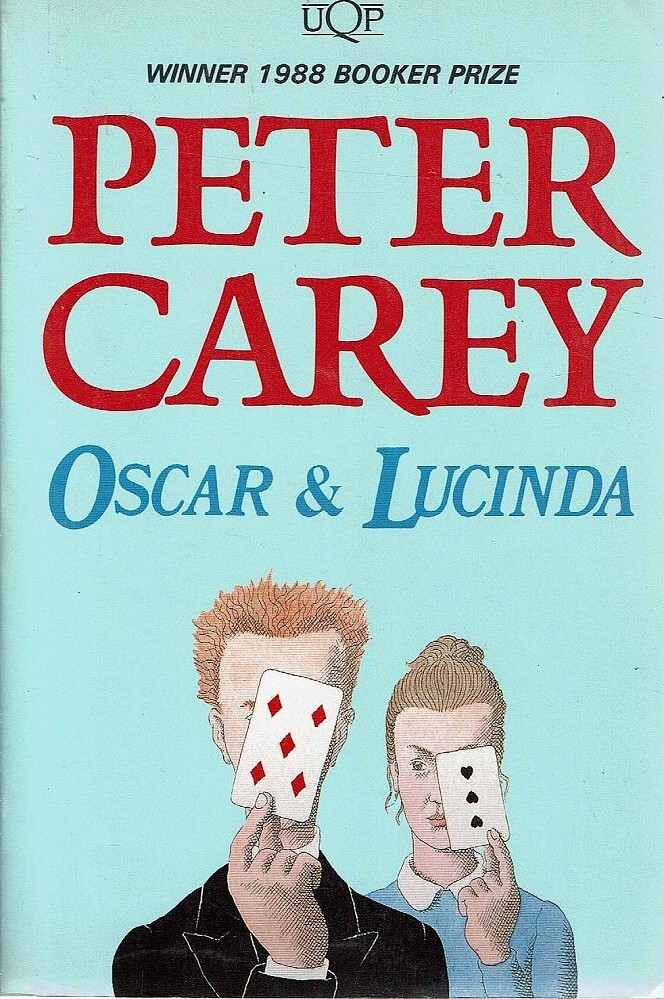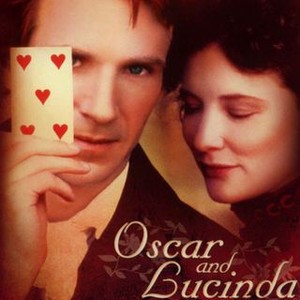

Lucinda – naïve, strong-willed, independent, but not convinced that women think as clearly as men – is on her own with a bit of money. Her mother continues to run the farm until Lucinda is eighteen, when she dies of influenza. Lucinda does not actually turn up until page 77, after her father, a farmer, has been killed when his horse rears and throws him to the ground during a ceremonial procession on Palm Sunday in Parramatta. Lucinda did not wish to see this representative of that ‘peculiar combination of ignorance and bulllike confidence’, which she noticed in men. It is the landscape that is innocent, not Mr Ahem, and the Mr Ahems have not changed with the landscape.


For to soak one’s shoes in dew-wet grass, to pick one’s way along a foot-wide path of the meandering type more often made by cattle than by humans was, in Mr Ahern’s mind, evidence of a kind of honesty he could see himself as a man with a staff on the road, a traveller in a parable There was in this long slow walk a kind of conceit. Here is Mr Ahem, who lives at Parramatta, walking from his Pitt Street hotel to see Lucinda in her Longnose Point (Balmain) farmhouse on a Sunday morning: Of course, there was a certain innocence, lacking now, or at least Carey conveys the feeling of innocence in fine prose which gives the book a lustrous surface. Its theme explores and exploits, and to some extent explains, a time around the halfway mark of the nineteenth century, which bears an extraordinary resemblance to our own. What can be said is that it is a marvellous piece of storytelling, which doesn’t stop there. It cannot be said to be ‘better’ than either, if this mode of comparison can be used legitimately in a literary sense. In some ways it is as surreal as Bliss, in others as naturalistic as Illywacker. It is dense with incident and meticulously delineated characters who drop in and out of the narrative, always with a purpose. From short stories Peter Carey has proceeded to long novels.


 0 kommentar(er)
0 kommentar(er)
